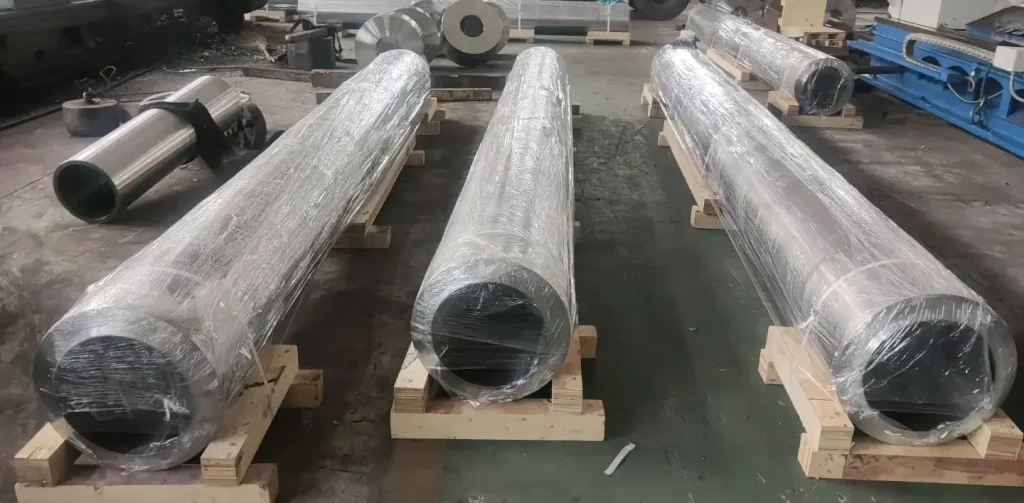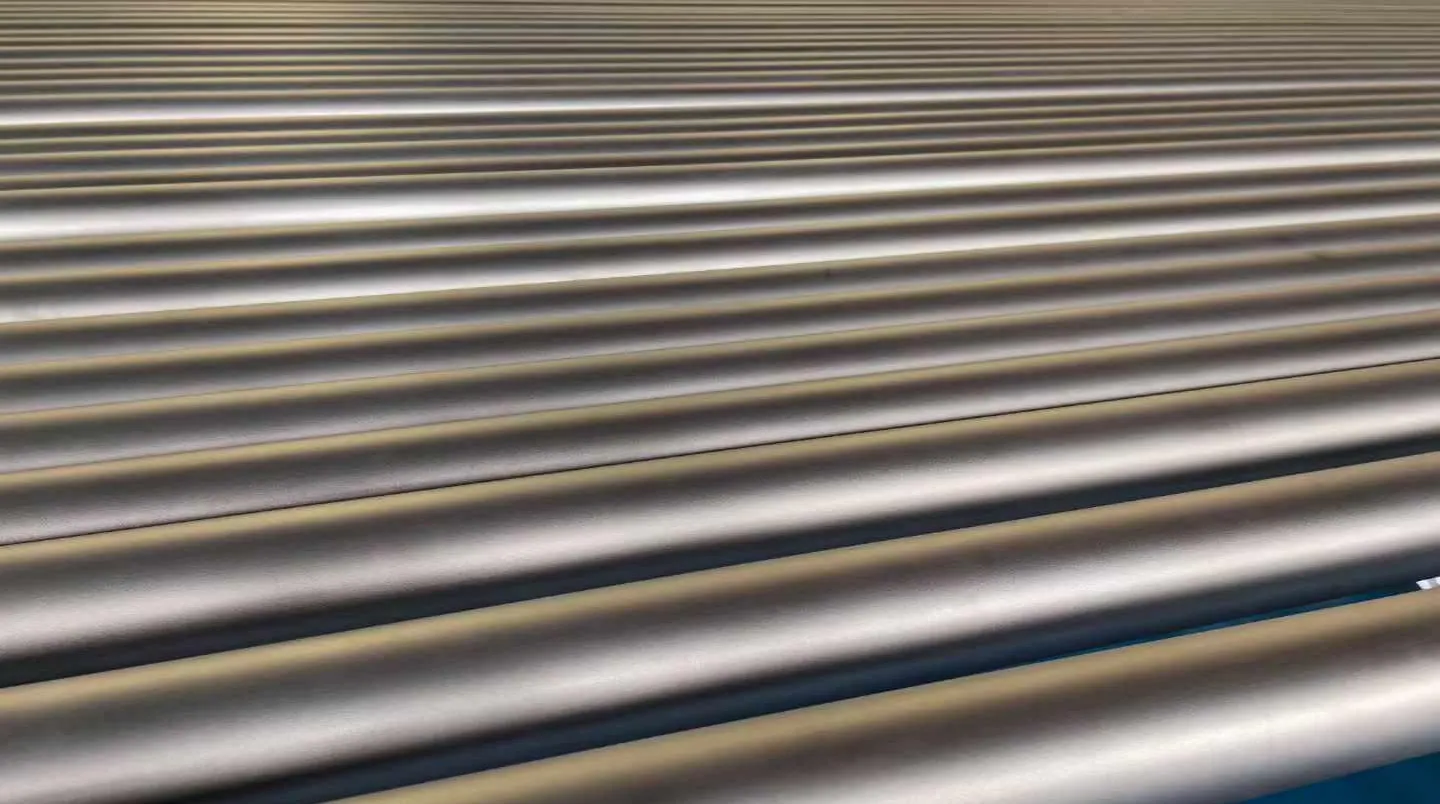800H VS 800HT represents a key decision in high-temperature material selection. Both are nickel-iron-chromium alloys offering high strength and corrosion resistance. They are vital for systems requiring durable stainless steel pipes and stainless steel pipe fittings. Understanding their subtle differences ensures optimal performance.
In the beginning, the 800H, and 800HT alloys were all categorized as part of the nickel-based alloy series, with standards ASTM B409 and ASME SB409.
Because of their lower nickel content (the standard requires 30% to 35% nickel, with a typical content of 30%), they have now been removed from the nickel-based alloy category. For more detailed information on these three alloys, refer to ASTM A240 and ASME SA240 standards.

800H VS 800HT : Key Differences and Similarities
Alloy 800H possesses a controlled carbon content range, ensuring optimum high-temperature strength. Alloy 800HT further restricts carbon content, thereby achieving superior creep deformation resistance.
Both alloys restrict titanium and aluminum. 800HT specifies a narrower range for these elements. This tighter control delivers enhanced stress rupture properties.
800HT guarantees superior creep resistance. Its strictly controlled chemical composition provides this advantage, making it the ideal choice for withstanding the most demanding high-temperature loads.
Both alloys share similar corrosion properties. They both resist oxidation and carburization well. The decision usually favors 800HT for mechanical stress at extreme heat.
800H VS 800HT : Chemical Composition
| Element | Incoloy 800H | Incoloy 800HT |
|---|---|---|
| Ni | 30.0 – 35.0 | |
| Cr | 19.0 – 23.0 | |
| Fe | Bal. (min. 39.5) | |
| C | 0.05 – 0.10 | 0.06 – 0.10 |
| Mn | ≤ 1.50 | |
| Al | 0.15 – 0.60 | |
| Ti | 0.15 – 0.60 | |
| Al + Ti | 0.30 – 1.20 | 0.85 – 1.20 |
What We Do
- Plate
- Sheet
- Forgings
- Round Bar
- Flange
- Pipes
- Fittings
- Customized
Contact Us For More Information
800H VS 800HT : Mechanical Properties
| Property | Incoloy 800H | Incoloy 800HT |
|---|---|---|
| Tensile Strength (MPa) | ≥ 520 | ≥ 550 |
| Yield Strength (0.2% Offset) (MPa) | ≥ 205 | ≥ 240 |
| Elongation (%) | ≥ 30 | |
| Hardness | ≤ 190 | |
| Density | 7.94g/cm³ | |
| Melting Range | 1357−1430℃ | |
| Stress Rupture (10,000 hr @ 600℃) | Good | Higher Guaranteed |
Primary Application Drivers
| Environment | Incoloy 800H | Incoloy 800HT |
|---|---|---|
| High Heat | Furnaces, Heat Exchangers | Power Generation |
| Chemical Stress | Mildly corrosive, high temp | Chemical Processing |
| Pipe System | General high temp pipes | Critical high stress fittings |
800H VS 800HT : Operating Temperature
Both alloys are suitable for operating environments above 600°C (1112°F). Incoloy 800H has been certified for use in high-temperature environments. Incoloy 800HT is more suitable for conditions exceeding 700°C (1292°F). Its higher guaranteed stress rupture strength makes 800HT safer in extreme high-temperature environments.
Due to the high content of carbon, aluminum, and titanium significantly enhancing creep resistance at elevated temperatures, the differing proportions of aluminum and titanium endow 800H and 800HT with distinct application characteristics at operating temperatures.
Contact Us
- RM901 No.22 Tangjiaqiao Road Wenzhou China
- +86 577 8551 1171
- [email protected]
- https://www.kaysuns.com/



